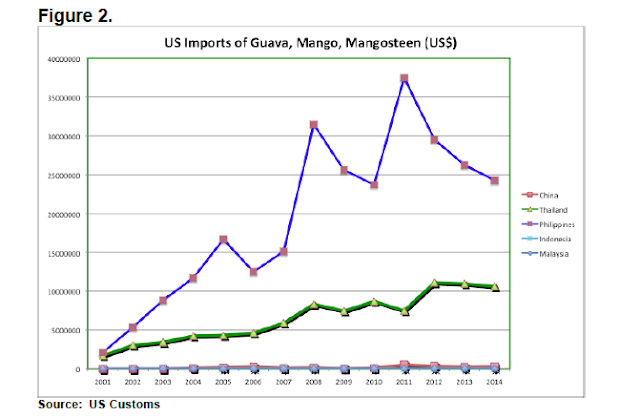So, now that you know the basics, let me pull back the curtain a bit so that you can see what few people recognize. To be honest, when REI allowed me to begin the development of these rural enterprises, I had know idea what was behind the curtain. But now that Java Bite dried mangos are in production and finding their way to consumers in both Indonesia and the United States, it's time to dispel the notion that it's been a piece of cake! Consider these rankings out of 189 countries in the world, which were recently published by the World Bank.*
114
- This is the ranking for the country of Indonesia for it's "ease of doing business".
But hey, I'm a "cup is half full" sort of guy. At least we are not drying mangos in Haiti, which ranks 180 out of 189.
155
- Indonesia's ranking for the "ease of starting a business".
I will spare you the stories, but it took us a full two years to gain the legal permits necessary to carry out business transactions.
153
- Indonesia's ranking for "obtaining construction permits".
Recently, a friend warned me to expect two years to elapse before our plans to build and operate a new production facility are realized.
117
- Indonesia's ranking for "registering property".
The piece of land that we selected for a new production facility was negotiated in May. Twelve months later, the owner finally had the land fully registered. Regarding the next steps, including declaring the transaction, paying taxes, etc., it was estimated that final transfer is still months away.
172
- Indonesia's ranking for "enforcing contracts".
A little lesson in economics: Transaction costs increase when contracts are not enforced. In such an environment the ability to manage transaction costs is an important business skill to learn. I'm still learning!
71, 75, 78
- Indonesia's ranking for "getting credit", "resolving insolvency" and "getting electricity", respectively.
Finance and utilities are notable bright spots. I don't expect to have any personal experiences with the first or the second. But as we build a new village production facility I will soon make first-hand observations about the third matter. Stay tuned!
160
- Indonesia's ranking for "paying taxes".
Yeah. That's about right, . . . which is why I pay someone else to figure out and execute the payment of taxes for me. Among the two certainties of life - death and taxes -, the former is much easier in Indonesia.
- Indonesia's ranking for "protecting minority investors".
This is the best ranking Indonesia earned in the report. Unfortunately, I'm not considered a minority investor. I am a foreign investor, the protection of which was not evaluated for Indonesia. I hope my personal circumstances never test the extent to which protection exists for me.
62
- Indonesia's ranking for "trading across borders".
Having executed three shipments to the U.S., I can affirm that the third shipment was fairly straightforward. But the first one represented months of confusion. If you know what you're doing, exporting is relatively simple in Indonesia. If you don't, . . . well, there's a learning curve to go up.
Now that you have peered behind the curtain, I hope that you recognize just how special are Java Bite dried mangos!
They are delicious.
They are healthy.
They create jobs.
They incentivize care for the environment.
AND THEY DEMONSTRATE WHAT PERSEVERANCE CAN ACCOMPLISH!
*Note: Data for all 189 countries is available at http://www.doingbusiness.org/rankings






